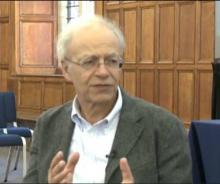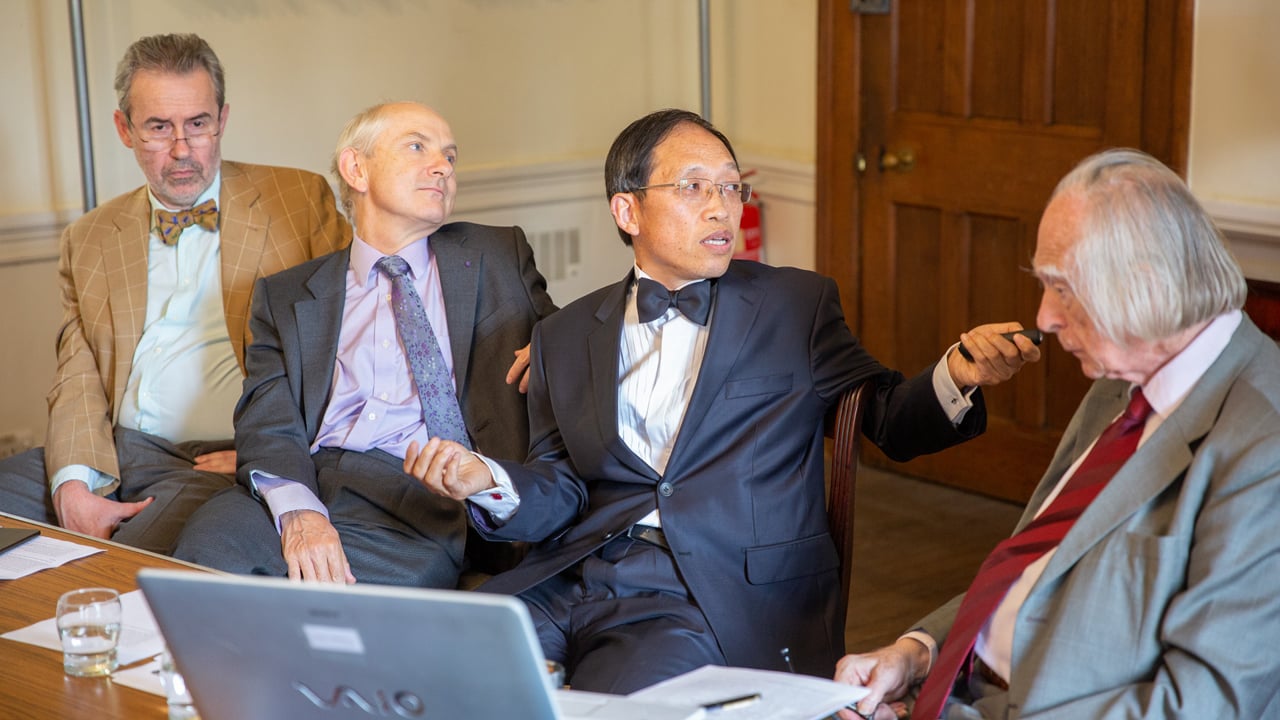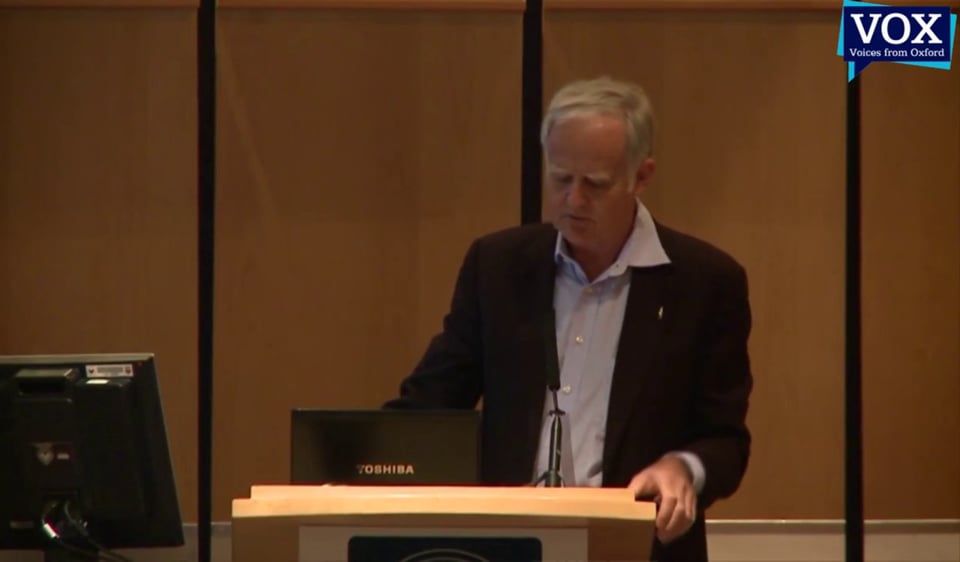
Peter Singer interviewed by Denis Noble
Can there be objective and correct answers to bioethical problems? This was the central question put to the philosopher Peter Singer when interviewed by Denis Noble for Voices from Oxford.
As a utilitarian philosopher Professor Singer is preeminent in his contribution to developing a practical and systematic approach to medical ethics. In the early days of medical ethics eminent doctors would make somewhat naive judgements but without much depth or clarity of thought. There was little philosophical rigour. Medicine was paternalistic in its approach with the assumption that doctors would ‘know best what was in the patient’s interest’.
When new developments in medicine such as assisted conception through in vitro fertilisation (IVF) presented new challenges, the media would most likely turn to theologians for a moral perspective. But, as Peter Singer puts it, ‘we are not a confessional society’ and it is important that there is a ‘non religious voice’ in ethical discourse. Medicine has now moved to a much more patient focussed approach with the notion that the best person to make judgements about their interests is the patient themselves, particularly about priorities and in relation to quality of life. A key issue then is how best they can be informed to make such decisions.
There is nothing in the expertise of a clinician or scientist that enables them to pronounce on ethical issues. As Peter Singer puts it “you can’t draw normative conclusions from the facts”. The facts don’t tell us what we ‘ought to do’. Yet modern medicine presents a unique ‘technological imperative’; machines can keep people alive, but a key issue is whether we should always keep people alive longer if their quality of life has fallen below a certain point. The key questions then are when and how, and by whom should such decisions be made. There is little in the science itself that can present an answer. But are there any ‘correct’ answers to such questions?
Peter Singer believes there are. “I do believe there is a correct answer, although to demonstrate that is a major effort in philosophy”. It also demonstrates the role of the philosopher in practical medical ethical discourse.
In ethics there is some degree of expertise in terms of what philosophers have which is familiarity with the concepts and how they work. But the role of the lay person is much more significant and has to be brought into the discussion. We have to work with the views that they have.
Science has a responsibility not to oversell itself. There is a funding imperative that often leads to scientists to make claims for significant potential breakthroughs. As Peter Singer puts it “scientists are often very narrow in presenting the significance of their findings.” In relation to the human genome project “the way things work in the body appears to be more complex.” There are many instances when a little more humility might have been better.
Raymond Noble
13 June 2013



